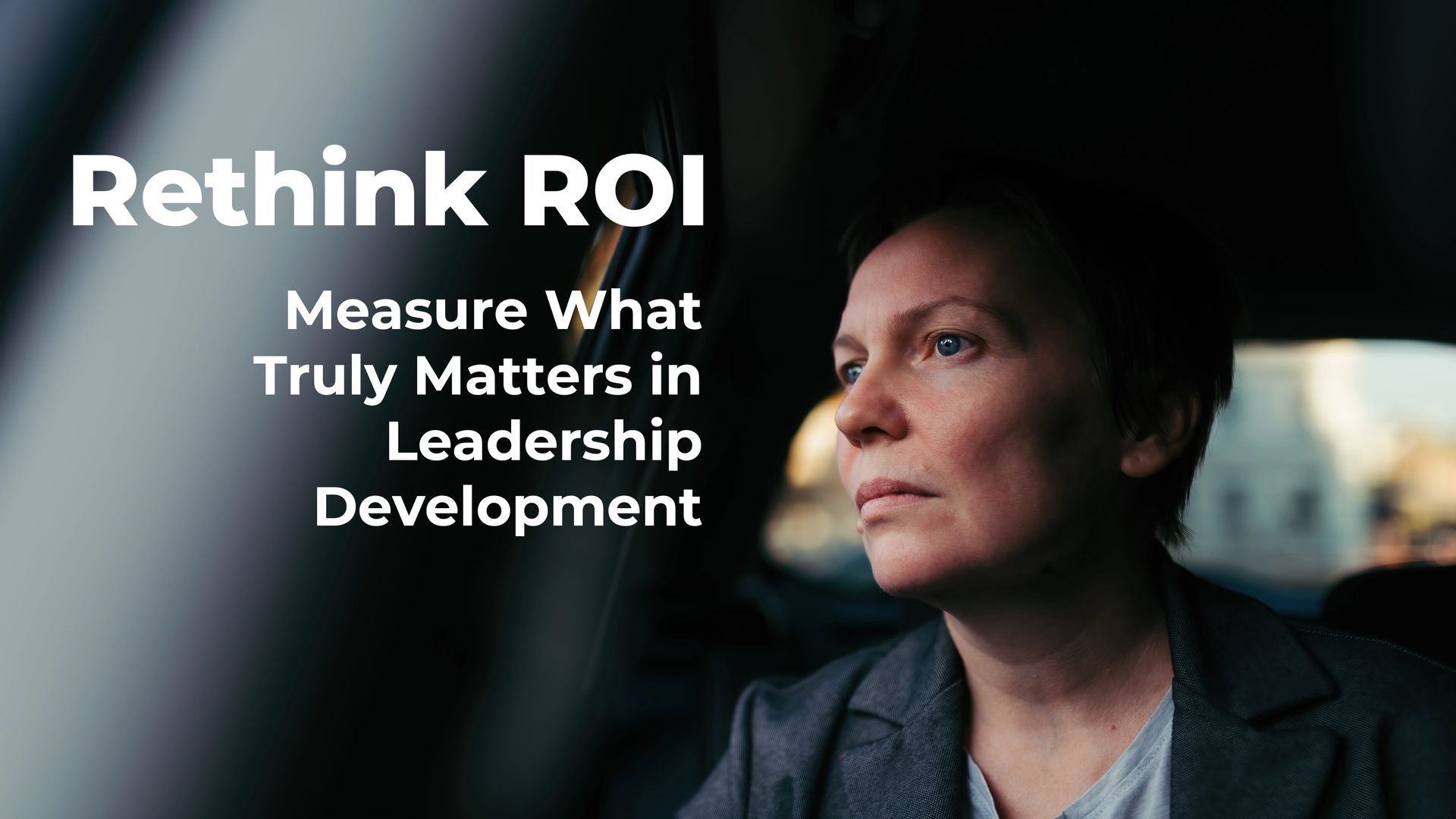Writer, poet and civil rights activist, Maya Angelou once said: “I’ve learned that people will forget what you said, people will forget what you did, but people will never forget how you made them feel.” This is one of my favourite quotes from a very insightful person.
As a leader or a professional, how much attention are you paying to how you show up and make people feel?
Ex-US President, Bill Clinton, has established a reputation for making people feel as if they are the only person in a crowded room when he interacts with them. He looks them in the eye, listens to what they have to say and is 100% present in that moment he shares with them. Regardless of what you may think of his politics, most commentators agree that paying attention is what he does brilliantly – his superpower. And as Maya Angelou intimated, people never forget how Bill Clinton makes them feel.
Think of an important interaction you had recently. Now consider these points below:
- In the way you showed up in your interaction, were you focused on the other person or yourself. I suspect our own frustrations, anxieties, mood etc. override any sense of focus on the other person;
- Did you listen, really listen to the subtext of what the other person was actually saying to you? If you are like most people, you are likely to be focused on judging the other person or considering your response. Most of us fail massively in the listening department. As philosopher, speaker, writer and teacher Jiddu Krishnamurti once said “If we try to listen we find it extraordinarily difficult, because we are always projecting our opinions and ideas, our prejudices, our background, our inclinations, our impulses; when they dominate, we hardly listen at all to what is being said. In that state there is no value at all. One listens, and therefore learns, only in a state of attention, a state of silence in which this whole background is in abeyance, is quiet; and then it seems to me, it is possible to communicate.”
- Were you congruent in the way you used not only words, but your voice and body to communicate? Albert Meharabian discovered that when expressing feelings, words account for 7%, tone of voice accounts for 38%, and facial expression accounts for 55% of the liking. So if you are not congruent with all three channels of your communication, your credibility will drop. If you are faking it with your words, your voice and body are giving the game away and you will be found out sooner than you think. Your personal credibility that you have fought so hard to establish will be washed away.
- Did you strive to be authentic? Did you hide behind masks to cover up your insecurities and perceived weaknesses? As we go through the adversities of life many people put on masks to cover these insecurities and weaknesses. The best leaders are able to be vulnerable. There has been a phrase touted in leadership circles over the last few years “vulnerability is the new confidence”. It sounds counterintuitive on first blush, but there is a lot of truth in it.
- Were you able to reflect your most important values in the interaction? Would you even know what they are? If you are unable to articulate your five most important values then this is a great place to start. It will provide you with guide posts on leading a more authentic life.
At Ariel, the company I lead in Australia, we have been focused singularly on training people on how to ‘show up’ in high stakes situations. We have been doing this for almost 30 years. We call it Presence. There are many layers to Presence. However here are four simple things you can start to do straightaway to make a lasting impact on people
- Be Present – not pretentious.
Channel Bill Clinton, by being 100% in the moment, undistracted by anything past or future. We live in a world where there is a constant battle for your attention. Your ability to resist those distractions and really pay attention to the other person is a point of differentiation. If time is today’s currency, paying attention and giving your time is immensely valuable for the other person. It’s not about you, is it? - Reach Out to others – not look down
Build relationships with others through empathy. Walk in their shoes and listen to the subtext of what they may be saying, not just focusing on their words but also their heart, their body, and their eyes. Reflect on the words by Krishnamurti and try to stop projecting yourself on the other person at the cost of silent attention. - Be Expressive – don’t try to be impressive
When you express yourself use all available channels – your words, your voice, your face, and your body to deliver one congruent and authentic message. When we mute any one of these available channels, we are just making it more difficult for the other person to grasp our meaning. One of my clients said to me “I thought expressing myself was an act of self- indulgence, and then I learned that it was an act of generosity”. Also the cost of incongruence between you words, your voice and your body is your diminished personal credibility. - Be Self-Knowing – not self-absorbed
Are you hiding behind masks to cover up your weaknesses? Many of us do. The advances in neuroscience indicate that people can see through the masks you wear. Remove those masks by admitting mistakes and failures. We have all made them and that doesn’t make you a flawed human being. It makes you real. Also get clarity on your top five values so you can articulate them if needed, then make sure you reflect them in your decisions and actions.
Consider how you make people feel after you have interacted with them. Consider your clients, your colleagues, your friends, your family. And have the Maya Angelou quote “I’ve learned that people will forget what you said, people will forget what you did, but people will never forget how you made them feel” tattooed to the back of your eyelids. I have.




